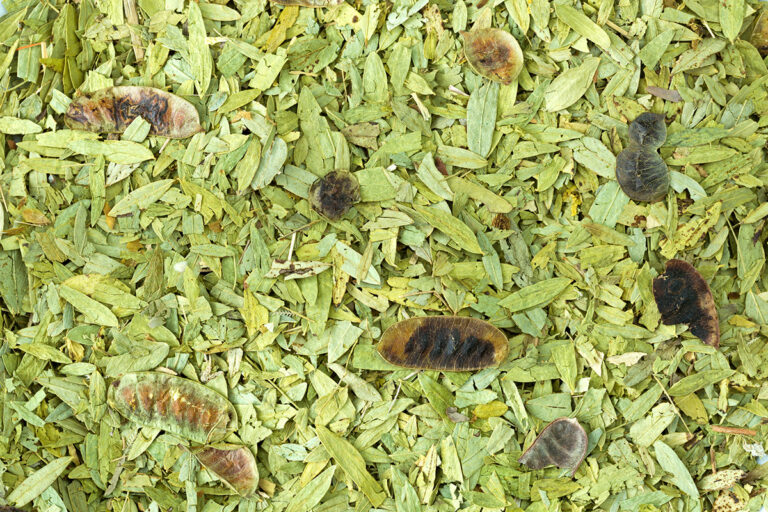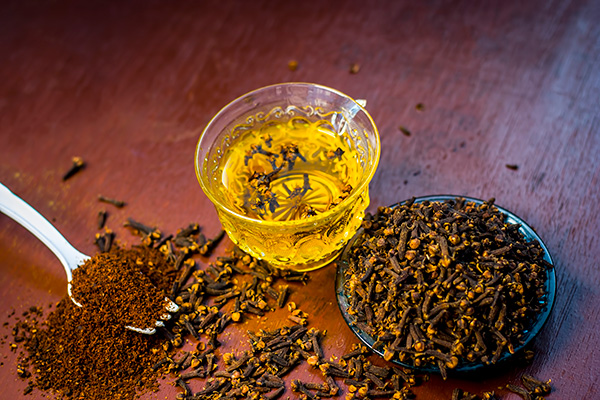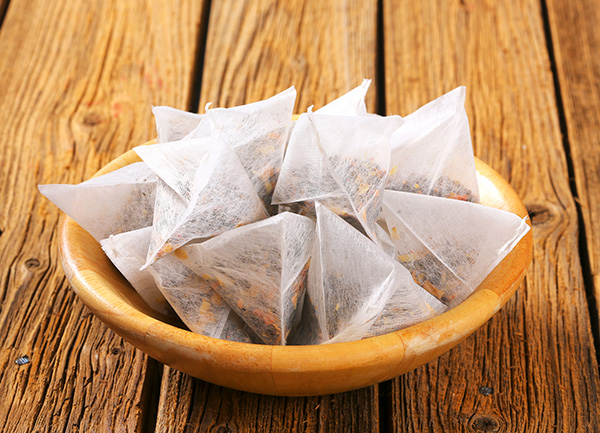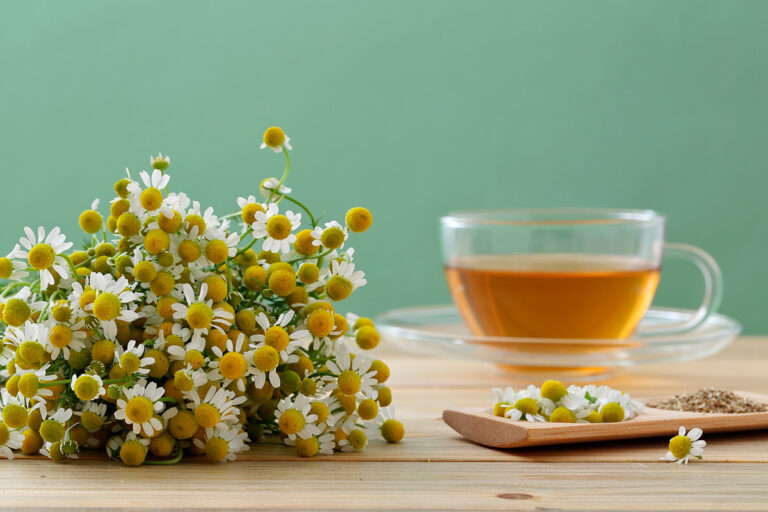Elderberry Tea: Benefits, Side Effects, and How to Make It
Elderberry tea is a herbal drink made from the dried fruits of the elderberry bush (Sambucus nigra), a plant native to Europe but also found in various parts of North America and Asia. The dark purple berries are known for their robust flavor and myriad health benefits. They are typically harvested in late summer and are used in a variety of culinary preparations, including teas, wines, jams, and pies.
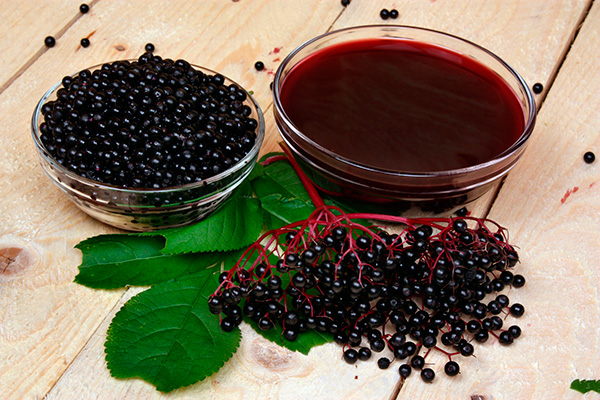
Potential Health Benefits of Elderberry Tea
Elderberry tea is steeped in tradition as a medicinal drink. Each sip of this healthful beverage provides potential benefits that support a variety of bodily functions.
Rich in Antioxidants
Elderberries are packed with antioxidants, compounds that help protect your cells from damage by potentially harmful molecules known as free radicals. Consuming antioxidant-rich foods and drinks, like elderberry tea, may help prevent chronic diseases such as heart disease and cancer.
Boosts Immune System
Elderberry is well-known for its immune-boosting properties. Its high vitamin C content aids in enhancing the body’s defense system, helping you fend off common colds and flu.
Anti-Inflammatory Properties
Elderberry tea may help reduce inflammation. It contains anthocyanins, compounds known for their potent anti-inflammatory and immunostimulant effects, making this tea a suitable drink for those with chronic inflammatory conditions.
Elderberry Tea Side Effects
Despite its myriad benefits, elderberry tea can have some side effects.
Allergic Reactions
Some individuals may have an allergic reaction to elderberries, resulting in symptoms such as skin rashes, difficulty breathing, and severe mouth and throat irritation.
Digestive Issues
Elderberry tea might cause mild to moderate digestive problems in some people. These could include nausea, vomiting, or stomach cramps.
Potential Interactions with Medications
Elderberry tea might interact with some medications, particularly those used for managing diabetes and autoimmune diseases. Consult your healthcare provider before adding elderberry tea to your regimen if you take these medications.
Who Should Not Drink Elderberry Tea?
People with autoimmune diseases, pregnant and breastfeeding women, and those undergoing surgery should avoid elderberry tea, as it may have potential complications in these situations. Always consult your doctor before adding a new herbal tea to your diet, especially if you have a chronic condition or are on medication.
How to Make Elderberry Tea
Making elderberry tea at home is a simple and rewarding process. Here’s how you can prepare a cup:
- Add two tablespoons of dried elderberries to a pot.
- Pour in two cups of water.
- Bring the mixture to a boil, then reduce to a simmer for 15 minutes.
- Strain the mixture into a cup and add sweetener if desired.
Remember, if you are using a store-bought product, always follow the manufacturer’s instructions on the packaging.
What Are Some Popular Tea Combinations That Include Elderberry?
Elderberry and Echinacea tea is a popular immune-boosting blend known for its health benefits. Another widely-enjoyed combination is elderberry with hibiscus and lemon, creating a tart, fruity beverage. Lastly, a mix of elderberry, ginger, and cinnamon is appreciated for its spicy warmth and potential wellness properties.
Final Thoughts
While elderberry tea offers several potential health benefits, it’s important to remember that more research is needed to fully understand its effects on human health. It should not be used as a substitute for medical treatment. Always consult your healthcare provider before starting any new health regimen.
FAQ
What Does Elderberry Tea Taste Like?
Elderberry tea has a unique flavor profile. It is slightly sweet, somewhat tart, and has a fruity flavor that many find pleasant.
When Should I Drink Elderberry Tea?
You can drink elderberry tea at any time of the day. However, if you’re drinking it for its immune-boosting benefits, you may want to consume it during cold and flu season.
How Often Can You Drink Elderberry Tea?
You can drink elderberry tea daily, but moderation is key. Stick to one to two cups per day and consult your doctor if you plan to consume it more frequently.
How Long Can You Drink Elderberry Tea Safely?
There’s no fixed limit to how long you can drink elderberry tea. However, due to potential side effects and interactions, it’s best to take regular breaks. As always, follow the manufacturer’s guidelines and consult with your healthcare provider.
Is Elderberry Tea Good for a Cold?
Yes, elderberry tea may be beneficial for a cold. Elderberry is rich in antioxidants and vitamins that could potentially boost the immune system. Some research suggests that elderberry can shorten the duration of colds, but more research is necessary.

